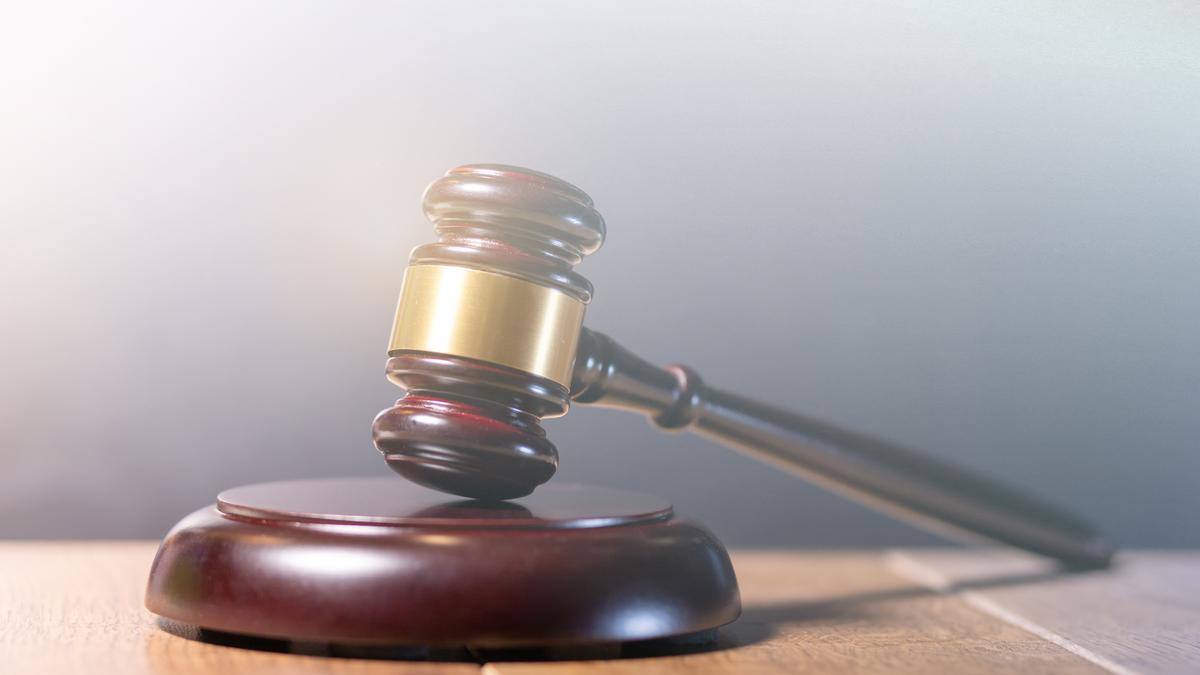The Bombay High Court’s exoneration of all those convicted in the Mumbai train blast case of July 2006, has come as a rude shock for the families of the 189 people killed and around 800 people who were injured. The High Court has ripped apart the investigation, calling witnesses untrustworthy, deeming confessions gained as under duress, terming identification parades faulty and citing forensic evidence custody as not foolproof. It is a shocker because it was based on the same evidence that the trial court, in 2015, sentenced five of the accused to death and seven to life imprisonment.
A long wait, lapses
Who will answer for the inordinately long incarceration of the accused since 2006? The police, the prosecution, lawyers or the courts? Or all of them, that is the criminal justice system? It takes years for trials in courts. One of the defence lawyers said that the charge sheet filed by the Anti-Terrorist Squad (ATS) had 20,000 pages, while much lesser numbers would suffice. It is like schoolchildren taking their examinations and filling pages with answers, hoping to impress the teacher with volume rather than quality. But the nine years taken by the Special Court and 10 years by the High Court for their decisions make the waiting period so agonising to the point of being meaningless for the accused. Nineteen years is a lifetime and almost like a sentence itself.
Admitted there is tremendous pressure on investigating teams and the police chief in a terrorist or any high-profile case. The government gets unsettled with the Opposition’s relentless attacks and demand to arrest the accused within minutes. It impacts investigation severely, pushing investigating officers into a corner, taking hasty decisions and bypassing protocol and procedures.
But some of the issues referred to by the High Court raise concerns. Despite two confessions taken by two different deputy commissioners of police, they appear to be not similar but actually the same, with even the ellipsis matching. The witnesses became untrustworthy because, on cross-examination, they did not remain true to their original statements. Guess no one can after a lapse of so many years. It was surprising that the drawer of the sketches of the accused was not called as a witness.
The test identification parade became suspect because the special executive officer who conducted it was not authorised to do so. Strange, because the magistrate who conducted it should have known whether he was the right person to undertake the TIP.
The investigation, however, is truly flawed if the forensic evidence purity and chain of custody cannot be vouched for faithfully. It is troubling to hear that even in such critical cases there could be lapses on this count.
The use of RTI filings
Perhaps the biggest message from this trial is how the Right to Information (RTI) Act, known as the sunshine legislation, enacted 20 years ago, has stood the test of time, bringing transparency and accountability in government functioning. Hundreds of RTIs were filed by the accused and the defence lawyers to elicit information from the police, hospitals, and the Mahanagar Telephone Nigam Limited to build up their case and cross-examine the prosecution witnesses and prove them wrong on various counts. In one instance, it was the name of a non-existent person in a hospital, named by the prosecution witness or the shift in which one person was working was proven wrong. It is the noblest use of RTI, perhaps, if it is used to defend oneself. This is a fundamental aspect of free trial and constitution under Article 20(3).
Perhaps most embarrassing for the Mumbai police would have been the discovery of an Indian Mujahideen (IM) module, busted by the crime branch Mumbai in 2008, which accepted its role in the series of blasts in Ahmedabad, Delhi and Jaipur between 2005 to 2008. The gang led by Sadiq Israr Sheikh also claimed responsibility for the series of blasts in suburban trains on that day in Mumbai at around 6.30 p.m. The charge sheet in the July 11, 2006 Mumbai train blast case had already been filed by then, and the Anti-Terrorist Squad (ATS) had announced it as the handiwork of the Students Islamic Movement of India (SIMI).
In fact, in 2008, the top man of SIMI, Safdar Nagori, general secretary, was arrested along with his associates in March 2008 in Indore, Madhya Pradesh, and was awarded life term in 2017. But how does this make any sense to the families of the victims of 7/11 or to a common man? How does it matter whether the police, the prosecution or the criminal justice system failed him? What matters is that 19 years later, he has no closure. For the accused who were incarcerated for 19 years, it is already a sentence served without proven guilty. They seek justice too.
Reform must begin
There are too many questions unanswered. The only way to answer them is to put the criminal justice system on track on a war footing. Formatting a new criminal law by changing a few old laws here and there is not enough. Every element of the criminal justice system should be reformed. Nineteen years for a decision is meaningless because the punishment has already been given. A prosecution overlooking basic issues is meaningless and an investigation overlooking the simplest of things is not worth it. Reform of the police, the judiciary, the prosecution and prisons cannot wait — we are sitting on a time bomb of people’s expectations and frustrations, which may explode anytime.
Yashovardhan Azad is a former IPS officer who has served as Central Information Commissioner, Secretary, Security, Government of India and Special Director, Intelligence Bureau
Published – August 07, 2025 12:08 am IST
